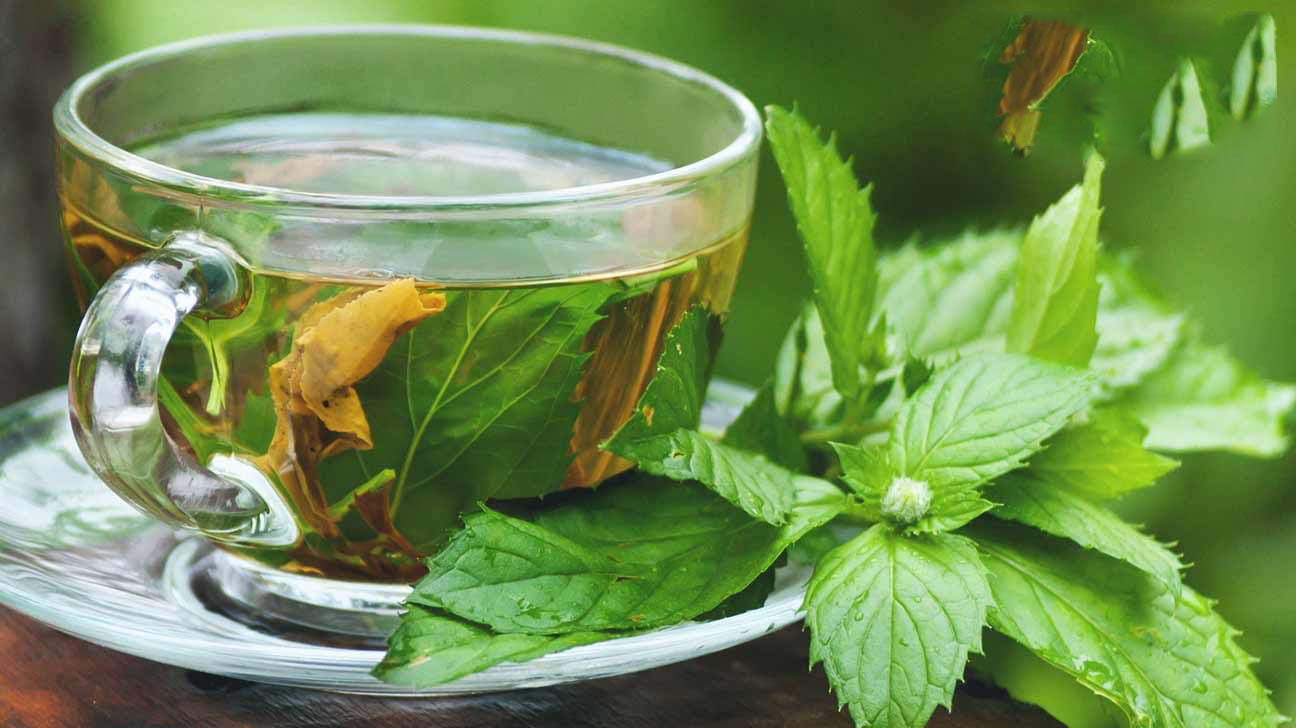Ocimum gratissimum, generally known as scent leaf is of the family Lamiaceae. It is an aromatic plant valued for its taste enhancement effect in food and its therapeutic benefits.
Validated by several studies for its various health benefits, scent leaf has been found to possess anti-inflammatory, anti-diabetic, antimicrobial, antioxidant, anti-cancer, anti-malaria, anti-diarrhoea properties, in different degrees. It has also been found to contain heart-friendly nutrient like magnesium, which helps lower bad cholesterol level and improve blood circulation.
As a locally available plant in Nigeria and some African countries, scent leaf is known by different names. The Igbos call it nshianwu, Yorubas know it as efirin, while the Hausas refer to it as daidoya. In Efik language, it is known as ntong, while the Edo people call it aramogbo.
It is noteworthy that people at different times have expressed curiosity and even concerns as to the effects of scent leaf on female fertility and menstrual cycle. There are indeed claims that the plant could help patients battling infertility.

Expert’s perspective
Clarifying these concerns and claims, Dr Stella Olagbende-Dada, a pharmacognosist with specialty in Phytochemistry and Ethnobotany, acknowledged that many research works have validated that scent leaf affects fertility in both male and female, stressing however that her focus is female fertility.
Olagbende-Dada explained that it is the nature of interaction that the scent leaf has on the female hormones that determines its role in fertility.
She said, “Fertility in the female is primarily the function of the hormones. There are many hormones at work in the process of ovulation and conception – for example, gonadotropin-releasing hormone (GnRH), luteinizing hormone, follicle-stimulating hormone, the female sex steroids (oestrogen and progesterone); and each of these must be present at the right time and in the right quantity to ensure a smooth process of fertility.”
The phytochemist categorically stated that any substance that affects hormonal balance in the body promotes infertility.
She explained: “Follicle-stimulating hormone (FSH) is the central hormone of mammalian reproduction and it is essential for gonadal development and maturation at puberty, as well as gamete production during the fertile phase of life, as explained in the Journal of EthnoPharmacology, 1990. It stimulates the growth and maturation of ovarian follicle. The reduction in the FSH level by O. gratissimum extracts, as reported, may hinder folliculogenesis and delay maturation of the follicle in the pre-ovulatory and thereby adversely affect conception in female animals.
“Luteinizing hormone stimulates the secretion of sex hormones from the gonads; ovulation of mature follicle in the ovary is also induced by a surge of luteinizing hormone secretion. That this surge in luteinizing hormone secretion is responsible for ovulation has been proved by research work, as reported in the Journal of Pharmaceutical and Clinical Research. Hence any obstruction to this secretional surge disrupts ovulation and causes infertility.
It has also been discovered that O. gratissimum contains antigonadotropic substance(s) that may affect the oestrous cycle and hinder reproduction in females.”
Further findings
A team of four Nigerian scientists also recently conducted a research on the impact Ocimun gratissimum on female fertility. Their findings, published in the Journal of Chemical and Pharmaceutical Research, showed that administration of methanol extract of Ocimum gratissimum caused a non-significant difference in estradiol concentration in the first group and a non-significant increase in the second group, compared to the controlled group. The result also showed a dose-dependent significant decrease in serum testosterone level in the test groups, compared to the control. Level of follicle stimulating hormone decreased non-significantly as compared to the controlled group.
The study, conducted by Egba Simeon I., Omodamiro Olorunsola D., Obike Joy C. and Ali Ezinne S., established that scent leaf has important implications for female contraceptive development, because it has properties that decrease fertility hormones in female rats. Thus, they stated that it has no fertility potentials in humans.
Dada’s view further corroborated the findings of the team saying that the aqueous, methanol and acetone extracts of O. gratissimum have all shown its anti-fertility effect in experimental animals like mice and rats.
“This is evident from the findings published in Advances in Contraception, which found the aqueous extract to have caused a significant increase in the level of prolactin and progesterone while there was a decrease in the level of luteinizing hormone in the extract treated female albino rats, when compared with the control group. The methanol extract, as reported in the Journal of Chemical and Pharmaceutical Research, showed decrease in both testestrone and luteinizing hormones when the treated and the control results were compared. They also reported increase in prolactin and progesterone level,” she remarked.
Effects on menstruation
Experts from publichealth.com.ng however, differed a little in their stance on the effect of scent leaf on menstruation, stating that it can help with painful menstruation, but other herbs like Ginger (Zingiber officinale), sage (Salvia Ivandulifolia), chamomile (Matricaria chamomilla) and valerian (Valeriana officinalis) have been found to be effective in the treatment of dysmenorrhea.
However, in line with available studies, they maintained that scent leaf is not a good plant to promote ovulation if a woman is trying to conceive because apart from the tendency to mess up her ovulation hormones, it can affect her partner’s sperm quality by causing sperm impairments and distortions in testicular cytoarchitecture.
They agreed with Dada’s position saying any reduction in the levels of luteinizing hormone by scent leaf can adversely affect ovulation, which will definitely impair fertility.
Dr Dada averred further the role of O. gratissimum in the production process of prolactin and breast metamorphosis, noting that it is contradictory to the normal fertility process in females, as high level of prolactin was found to be suppressing the ovulatory circle.
“Prolactin helps to initiate breast development and lactogenesis, while dopamine is the major inhibitory factor on prolactin secretion, as validated in the Journal of Microbiolology Research. The enhanced level of prolactin, observed in all these studies with O. gratissimum extract, suggests that the extract may be acting as dopamine antagonist. It has also been reported in early studies that high prolactin level can suppress the ovulatory cycle by inhibiting the secretion of both FSH and GnRH.
“Overall, Ocimum gratissimum has shown general anti-fertility effect, through all its tested extracts, and researchers have seen the possibility of a potent contraceptive emerging from this plant”, she emphasised.










